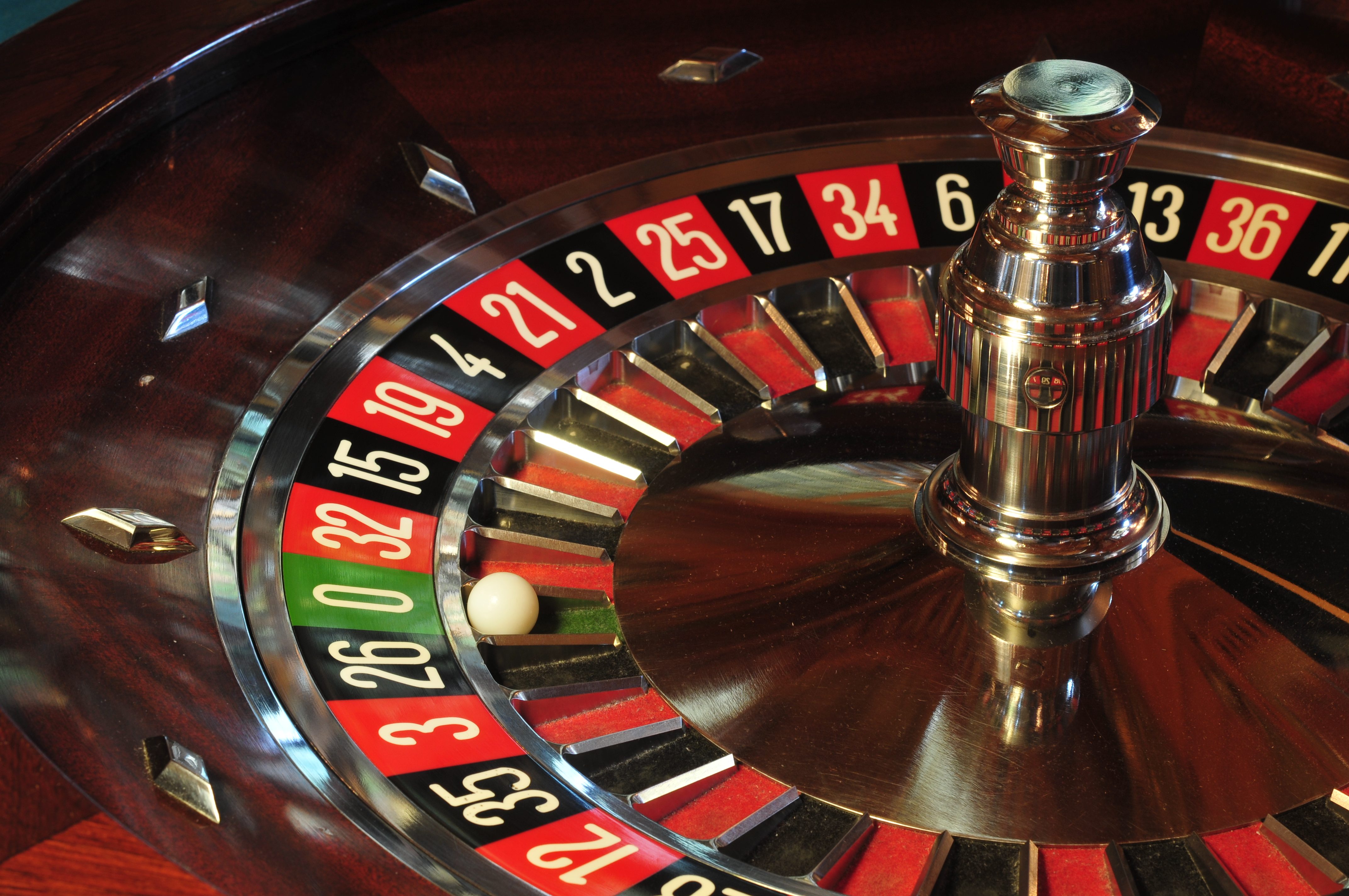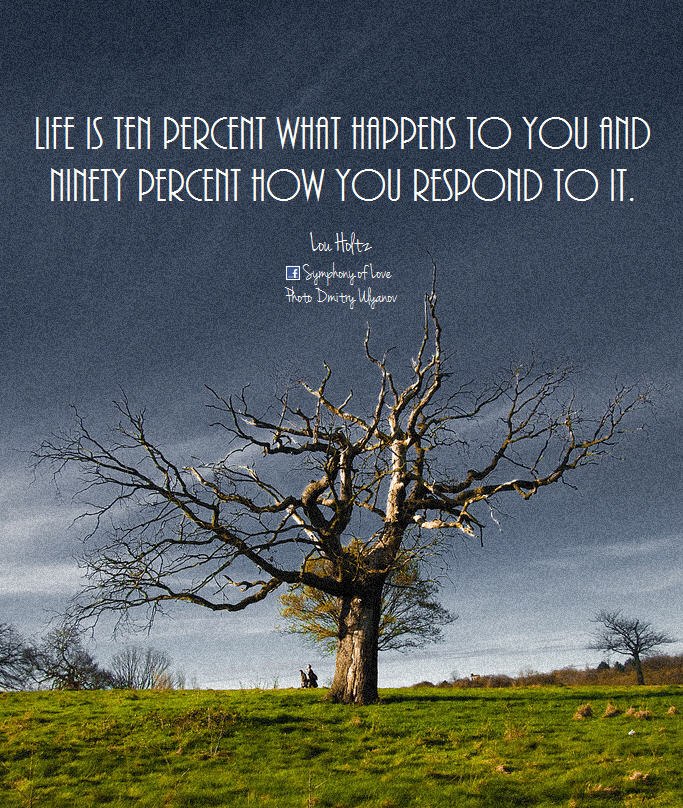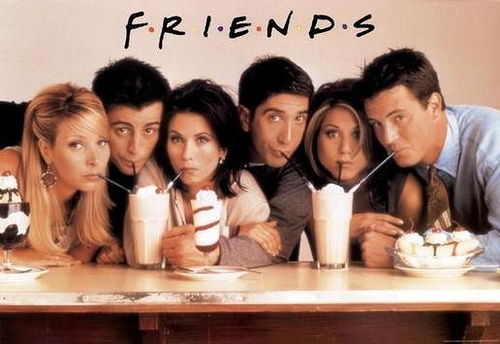Nowadays we have a better understanding of the science of luck beyond superstition, and can correctly equate what is and what isn’t affected by the hand of chance–but this hasn’t kept people from losing millions on roulette wheels in Las Vegas, or on video slot machines and other lotteries around the rest of the world. It also hasn’t stopped young dreamers from pursuing unlikely ambitions, even though, statistically, they don’t stand a chance of ever “breaking through” to a mainstream market or “making it” as a professional in their field. The beauty of luck is that whether or not we believe in it, everybody generally understands it as a concept, and many can recount their own experiences with it, either positive or negative. So what exactly is luck, in scientific terms? And how (if at all) can somebody control it?
What is Luck?
According to Wikipedia, the definition of luck “varies by the philosophical, religious, mystical, and emotional context of the one interpreting it.” What this means, basically, is that some people think luck refers to completely random circumstances, as seen in the Oxford Dictionary definition of the term: “success or failure apparently brought by chance rather than through one’s own actions.” This view of luck is more descriptive, used to explain events after they’ve happened, especially if they produce outcomes that are combination of favorable, unfavorable, or improbable. On the other hand, some people decide to view luck in more of a prescriptive way, where fortune is more of a supernatural force that can determine the outcome of events before they happen. Somebody who blows on a pair of dice before he or she rolls them might believe this heightens their odds of rolling a favorable number, especially if reinforced by a favorable outcome. This prescriptive belief, while amusing, holds no scientific weight–the laws of physics do not change simply because somebody blows on a pair of dice, and the outcome of a purely identical roll would not differ sans “blow.”
A good example of this in action can be traced back to an episode at the Le Grande Casino in Monte Carlo, August 18, 1913. On this night, the roulette wheel produced the color black 29 times in a row, a feat that David J. Darling has calculated to be a 1 in 136,823,184 probability in his book, The Universal Book of Mathematics. This night lives in infamy because of the millions of francs casino go-ers lost betting on the false logic that because black had come up so many times before, it could simply not come up black again. Nevertheless, every time the wheel spun there was an 18 out of 37 chance that it would come up black, same as the time before it and same as the time after. While there was definitely no prescriptive reason that the casino-goers suffered bad luck that night, even people who “don’t believe in luck” can, in retrospect, descriptively ascribe the term “unlucky” gamblers in such an improbable scenario.
Psychology and “Making Your Own Luck”
The roll of the dice, the turn of the card, and the spin of the roulette wheel–this is just one way to portray luck. It works because it’s the most concrete example of how blind chance affects an outcome. But what about the idea of somebody or something being lucky or unlucky? The interesting thing about luck is that it deals heavily with both perception and chance. Lou Holtz has a great quote stating that “life is 10% what happens to you and 90% how you respond to it.” As it turns out, people who consider themselves unlucky don’t tend to believe the above, and would rather blame external factors for their misfortunes in life. People who consider themselves lucky, on the other hand, generally look inward for the reasons things in life happen to them, and try to adapt positively to situations that might otherwise seem negative.
Psychologists call this the locus of control. An external locus of control means that you believe the world around you controls you more than you control yourself. Alcoholics suffer this quite often, and it’s one of the reasons that A.A.’s first step is “admitting you have a problem.” By internalizing your locus of control, you grant yourself the agency to quit. It’s kind of like the old tale of the tortoise and the hare–the rabbit didn’t lose the race because he was unlucky and napped for too long, he lost the race because he decided to nap in the first place. So while those who may consider themselves “unlucky” generally have an external locus of control, those who consider themselves “lucky” have an internal locus of control. The perception of chance between these two generally reflects their view of luck, and even affect health. If you look at cancer survivor Paul Kraus, for example, who had to dramatically change his lifestyle, diet, and therapies to survive three types of cancers including meningioma (a type of brain cancer), mesothelioma, and metastatic prostate cancer, (on top of being born in a Nazi forced labor camp during WWII!) you might think the man unlucky. Kraus would disagree, insisting that his survival is related to his belief that “a diagnosis is not destiny” and that people can conquer cancer because “there is far more to this illness than just a doctor’s bad news.” Kraus is the type of man who made his own luck.
How to Be Lucky Yourself
Even though we understand that luck is simply chance, it still plays heavily into our culture, even if not in a prescriptive way, but in a descriptive way. A great display of this can be found in the culture surrounding America’s favorite pastime: baseball. The 2016 World Series, for example, saw the Indians and the Cubs go head to head, where the highlight of the series was the nullification of either Cleveland’s or Chicago’s decades long curse. Now, while these types of “curses” might show up in other sports, they’re more pertinent in baseball because of both players’ and fans’ susceptibility to superstitions in almost every aspect of the game. Indeed, because the ball is so small and moving so fast, there’s no way to predict every curve it will take, or whether or not it will make an unlucky bounce, etc. Eric Garcia McKinley writing for BeyondTheBoxScore.com actually argues that luck plays an undeniable role in baseball. The minor variables make the game so complex that you have to take into account that some players are simply in the right place at the right time. This analysis is not only correct in baseball, but is useful when applied outside of the game as well. Jennifer Aniston, for example, was about ready to call it quits with her acting career in 1994–but a chance meeting with the then-president of NBC’s entertainment division at a gas pump landed her on the cast of Friends, solidifying her career as we all know it. If we’re to take this as an example, we have to realize ourselves that Jennifer Aniston wasn’t just at the right place at the right time–because if you or me were to run into the president of NBC at the gas pump, there’s almost no way we’d get a shot at a hit TV series.
What Anniston had that most of us don’t, in that specific situation, was preparation. Another Lifehack article on luck quotes the Roman philosopher Seneca, who said: “Luck is what happens when preparation meets opportunity.” Anniston had prepared by doing at least four other failed TV sitcoms before she was put on friends, and these sitcoms had made her well-known to the NBC executive she met.
You Already ARE Lucky! Now Maximize It!
Half of luck is the right mindset, while the other half is being in the right place at the right time. If you’re always in the right place, you’re only depending on the right time. The first part of this is realizing that you already are lucky. Every day that you don’t get in a freak accident while driving or walking down the road, you’re lucky. To have made it this many years into your life, you’re lucky. To be born in a time when you can look up almost anything on the internet (like this article!), you’re lucky! If you start focusing on all of the reasons that you’re lucky, and stop believing that you’re unlucky (you’re not), you’ll already start recognizing how much good luck you have. The second half, about always being in the right place, means simply to be proactive and persistent. If Anniston would have given up after the first failed Sitcom, she would never have been known to the NBC executive. Even Stephen King’s Carrie was rejected 30 times before it was published. The point is that luck often happens to people who are dedicated to a field, which is why luck happens in that field. Adopting a positive mindset and believing in yourself enough to persist are all the ingredients it takes to be lucky. So get out there, and do whatever it is you feel you were meant to do–by simply doing with a positive mindset, you’ll find fortune is already smiling on you! Featured photo credit: AdinaVoicu via pixabay.com



